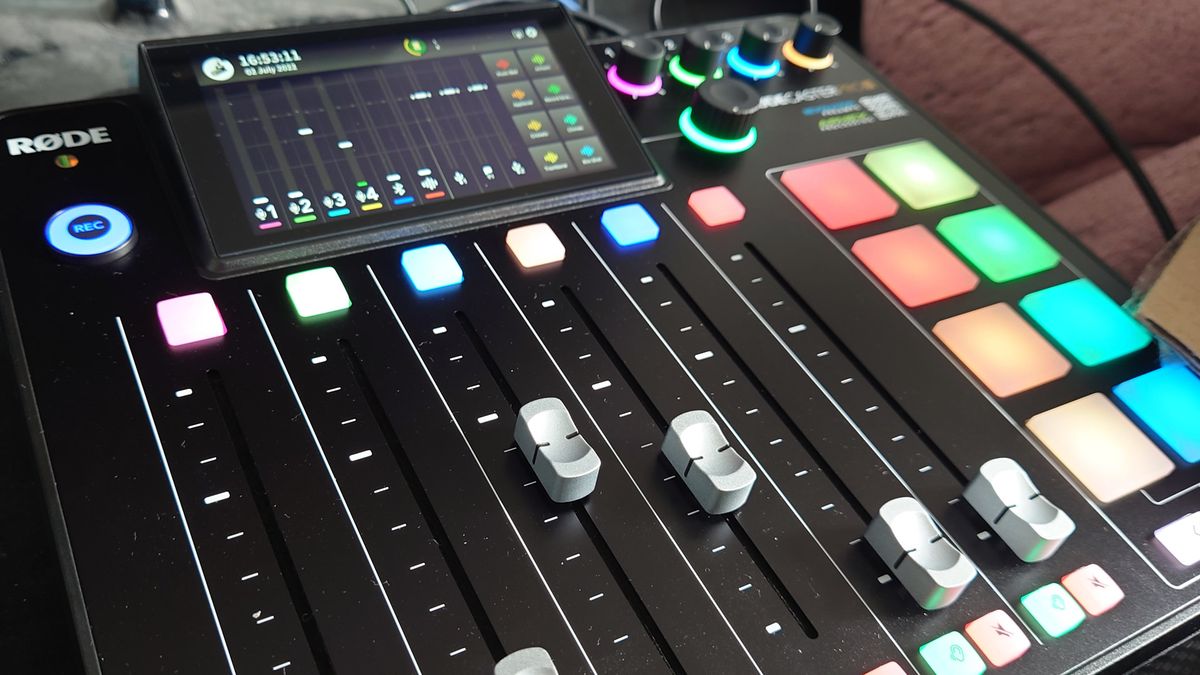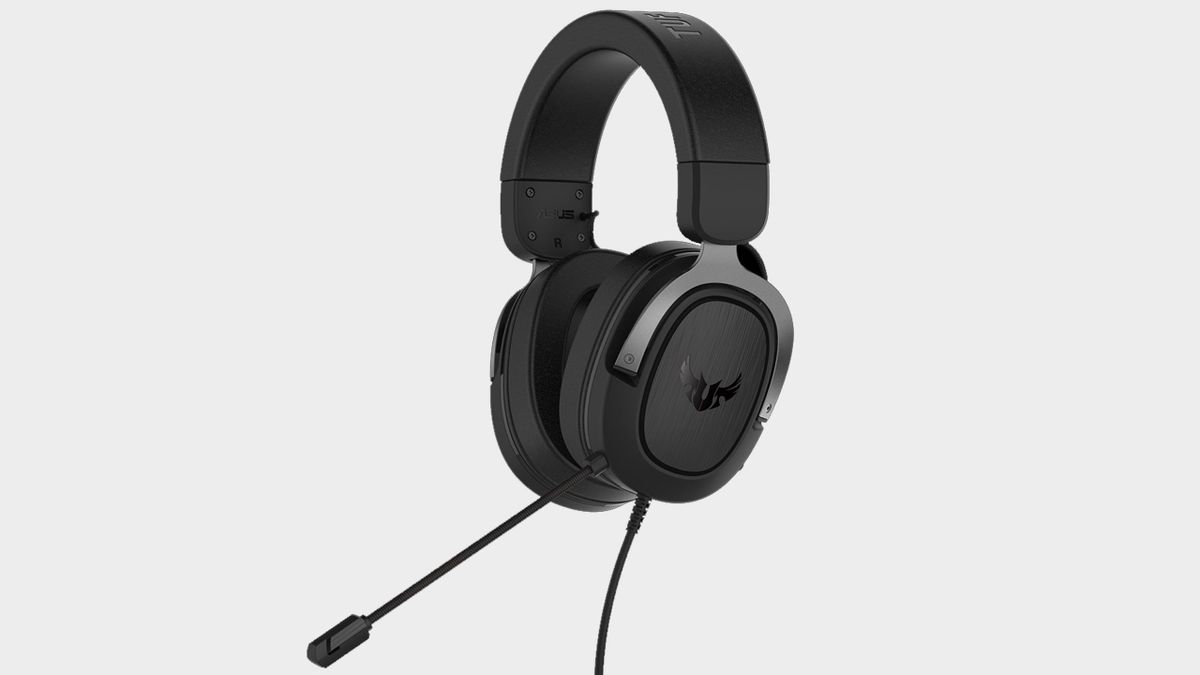Say goodbye to privacy. In Remember Me’s speculative future, mankind gives up this once-cherished ideal in exchange for the digitization of memories. They can be shared, relived–even stolen. As the memory hunter Nilin, you’ll be doing all three as you battle through a wonderfully realized sci-fi setting in an attempt to piece together your past. WIth an awesome premise, plenty of action, and a few genuinely novel ideas at its core, Remember Me makes a great first impression. But its severely linear design and rigid combat hamstring its potential, making it it a prime example of a game whose concepts transcend its execution.
After having her memory forcibly wiped for reasons unknown, Nilin awakes in Neo-Paris, Remember Me’s city setting. This is a fascinating place, one in which humanity has embraced Sensen technology, an enhancement that lets people view their surroundings through an augmented overlay, as well as store and share memories. From the towering skyscrapers and rotundas of the city’s wealthier districts, to the condemned streets of the slums lined with junkies who’ve indulged in a few too many memories, each area is loaded with rich detail.
You’ll get a great sense of both the positive and destructive impacts technology has had on the inhabitants of Remember Me’s world. And though its residents speak with an overwhelming amount of silly jargon and titular words (expect to hear the word “remember” at least 800 times), Neo-Paris begs to be explored.
If only you could explore. Rarely will you be allowed to deviate from the main path. Most levels consist of cramped corridors and climbing segments that feel far too restricting. Neo-Paris is also eerily isolating. NPCs all but vanish by a few levels in, leaving the once-bustling city feeling oddly deserted. Remember Me’s environments are so distractingly closed that it’ll leave you feeling more claustrophobic than most games in recent memory.

“Remember Me’s environments are so distractingly closed that it’ll leave you feeling more claustrophobic than most games in recent memory.”
This also makes it quite predictable, as you’ll know you’re in for a battle any time you enter a room big enough to accommodate three or more people. Combat in Remember Me attempts to mimic the successful formula of the Batman: Arkham series, but falls a bit flat. It lacks the balletic flow of the games from which it draws inspiration; the controls feel too stiff and, at times, unresponsive. Nilin’s punch and kick animations are flashy and fun to watch, but targeting a specific enemy when using combo attacks is challenging. It’s especially difficult to keeup up your momentum during large encounters, where you’ll dodge enemy blows more often than dishing out your own.
Combat is made a bit more interesting thanks to enhancements called Pressens, which imbue each strike of a combo with special properties. Low on health? Socket one of Nilin’s attacks with a Regen Pressen to replenish some hit points on impact. Likewise, Power Pressens dole out extra damage, while others increase the potency of your selections. Building combos to suit your needs adds a unique layer of depth to an otherwise bland combat system.

“[Combat] lacks the balletic flow of the games from which it draws inspiration; the controls feel too stiff and, at times, unresponsive.”
So, too, do Nilin’s special abilities, such as area of effect stuns, or a move that makes her temporarily invisible. These slick combat tricks provide a window of opportunity to overload the brain of an unsuspecting human enemy with a flood of memories. While all of these special attacks produce some awesome effects, they have lengthy cooldowns when used, which becomes problematic when facing enemies that can’t be defeated without them. In these situations, you’re meant to use Cooldown Pressens to reset Nilin’s special skills–unfortunately, some enemies damage you when attacked with regular combos, rendering Pressens practically useless as you circle your foes while waiting for a cooldown to reset. These encounters are few and far between, but they make battles drag on and sour the experience.
You’ll forgive some of these shortcomings once you get a taste of Remember Me’s standout feature: the Memory Remix. During these sequences, you’ll watch a cinematic cutscene unfold before fast forwarding and rewinding through the same scene, altering variables to produce a new outcome. Success comes down to trial and error, as there’s only one solution that will let you proceed. But failure is never frustrating, because you’ll witness an interesting end result unique to the components you modified. Memory Remixes are a refreshingly new take on puzzle solving, and they add some much-needed interaction to a traditionally hands-off element of games. You’ll just wish there were more of them to go around.

“Memory Remixes are a refreshingly new take on puzzle solving…”
Remember Me is an inconsistently enjoyable experience. Its world provides an interesting glimpse into a could-be future, and the Memory Remix puzzles and Pressen system help offset its extreme linearity and stiff combat. There are enough good ideas here to keep you playing from start to finish, but Remember Me’s rougher edges mean it’ll fade from your memory far sooner than you might like.
This game was reviewed on PS3.
 Game News Video Games Reviews & News
Game News Video Games Reviews & News



